To build affordable, ecological houses that last a hundred years. To use recycled materials as raw materials and to create jobs and new business.
The vision of the Ylöjärvi-based company Block Solutions sounds almost like a circular economy utopia. Still, it is realistic.
“There is a shortfall of 50 million apartments in Africa and shocking amounts of difficult-to-recycle PET plastic waste everywhere. We put it to good use,” says Markus Silfverberg, the founder of Block Solutions, picking up the phone in Rwanda.
The company has developed an injection moulding technique for manufacturing building modules that look like large Lego blocks and are made of recycled plastic and organic fibre, an industrial by-product. With a rubber mallet and a ring spanner, anyone can build a 50-square-metre house.
However, what the company sells to Africa is not modules or houses but factories. The first modules outside Finland were manufactured in Accra, Ghana, in April 2022. Now, production has also been launched in Egypt and Indonesia.
“Exporting building modules from Finland would not be sustainable. That is why production must be local,” says Silfverberg.
The company’s point is to use local raw materials. There will be no lack of them – plastic bottles and other plastic waste are known to be a difficult environmental problem throughout Africa. Co-operation is being initiated with Danone and many other companies using plastic packaging. In addition to plastic, the company has used sugarcane, rice husk, hemp, bamboo and various sustainably grown tree species, among other things, as the modules’ raw materials.
Leaps and bounds in digital and energy development
Africa is now topical in many ways. In March 2021, the Ministry for Foreign Affairs published Finland’s first comprehensive Africa strategy. At the same time the European Parliament approved an extensive update to the European Union’s African partnership strategy. Both aim at shifting the focus of co-operation from development aid to ecologically and socially sustainable economic co-operation.
The annual major circular economy event, the World Circular Economy Forum (WCEF), will be organised in Africa this year.
Sitra also participates in a new co-operation project, a circular economy fund that was established by the African Development Bank. The five-year fund provides financing for circular economy projects in different countries while also supporting the creation of national circular economy strategies. Is uses Sitra’s guide to help any country create a circular economy road map.
“At the grass-roots level, the principles of the circular economy are ancient traditions in Africa,” says Sitra’s Specialist Marleena Ahonen. “Many products and materials are given a new life through reuse, which is at the core of the circular economy. The idea of the sharing economy is also familiar.”
In the circular economy, products can be acquired as a service instead of owning them, which eliminates the need for expensive initial investments. This may also facilitate establishing new companies.
In the circular economy, products can be acquired as a service instead of owning them, which eliminates the need for expensive initial investments.
According to Ahonen, the digital leap based on the platform economy has already advanced far in Africa. For example, mobile payments are part of everyday life in many countries. Paying with a mobile phone does not require a bank account or a credit card; instead, payments are transferred by the teleoperator. This increases the popularity of these services.
The sharing economy pioneers, such as Airbnb, CouchSurfing, Uber and Lyft, have operated in many African countries for years. Local taxi services have emerged, such as the Kenyan Little Cabs and the Congolese Ubizcabs, where all drivers are women.
Africa has 1.2 billion inhabitants and 54 countries, so the bases and conditions for the circular economy vary a great deal. For practical reasons, this article talks about the entire continent at a general level.
I am because you are
“Africa definitely has better prerequisites for succeeding in the circular economy than Europe,” says Timo Palander, Honorary Consul to Namibia. He explains this with the concept of ubuntu, which exists in many African languages.
“Literally, ubuntu means that I only exist through you. One person alone is nothing; it is the sense of community that counts.”
When there has always been shortage of everything, people know how to share goods and materials.
“When you go to a marketplace, there are enormous amounts of objects made of beer cans, car tyres and so on. And when the first mobile phone came to villages, their owners lent them to others at a very low price.”
Palander is one of the most experienced Africa experts in the Finnish business life. He has worked with Finnish companies in Namibia for approximately 30 years.
The World Bank’s statistics show that economic growth in Sub-Saharan Africa after year 2000 has been nearly 500 per cent. In Europe, this figure is roughly 30 per cent.
Palander says that the pace of growth in Africa and the opportunities it offers are not understood in Finland. There is little information and risks seem too high. Only 2.5 per cent of Finland’s total exports go to Africa, most of it to a few North African countries and South Africa.
Palander wants to encourage companies to experiment.
“There are many greenfield projects there, allowing companies to start from scratch and experiment with new innovations.”
How do Finnish circular economy companies get a foot in the door in Africa?
“No one can do it alone. We have brilliant startups but they are too small. The challenge is to gather large consortia and use them to scale up the business. That is always a process that involves many different parties.”
No one can do it alone.
Palander emphasises the significance of good local partners. This is something that all the companies interviewed for this article highlighted. Good partners can often be found through Business Finland, embassies and companies’ own networks. Many companies recruit a local sales representative or consultant in the destination country.
“In the future, it would be important to understand thoroughly that one should not unilaterally export things from Finland to Africa but build new operating models for business in co-operation,” Ahonen points out.
NGOs open doors for companies
Bureaucracy is a roadblock on the journey to success. Country-specific registrations and certificates are needed for products, unlike in the European Union where one certification is valid everywhere.
“An authority said years ago that the product needs registration but we don’t know what kind of a registration,” says Heli Kurjanen, CEO of Lunette, a producer of menstrual cups, thinking back to earlier days of her company.
In many markets, menstrual cups are categorised as medical devices, which makes everything more complicated. However, according to Kurjanen, if you have time and patience, paperwork is not an insurmountable obstacle.
The Juupajoki-based Lunette, also to be found on Sitra’s list of Most interesting companies in the circular economy in Finland, operates in Kenya, Tanzania, Uganda and Congo, among other countries. Its strategy has two spearheads. Products are sold in pharmacies in major cities at prices that correspond to Finland’s price level. In this case, the target group is women with good income. On the other hand, Lunette hands out cups for free in urban slums and carries out sexual health campaigns at the same time.
In June 2022, the United Nations selected Lunette to be one of its suppliers: menstrual cups will be distributed in hygiene kits in refugee camps, for example. The cups will be included in the UN’s product selection for the first time.
A silicon menstrual cup lasts for several years and replaces approximately 300 disposable menstrual protection products during its life cycle. As protection products are mainly made of plastic, cups contribute to the reduction of problematic waste.
For Lunette, non-governmental organisations have been particularly important partners. In Africa, countless groups operate in different sectors and Finnish organisations also have decades of experience of working on the continent.
The Tampere-based Solar Fire Concentration found a suitable pilot project in Kenya with World Vision Finland’s help. The product of this social enterprise is a small solar energy concentrator that uses mirrors to direct sunlight to a single spot and heat an oven, for example, for baking bread.
A large part of the solar ovens that were built in Kisumu in eastern Kenya in 2016 are still operational.
“Organisations have worked in these areas for a long time and have an existing functional infrastructure,” says Managing Director Eva Wissenz. In addition to Kenya, Solar Fire Concentration operates in Tanzania, Burkina Faso, Ethiopia and Uganda.
At first, the company was a non-governmental organisation. Its main mission is still the same: solving energy poverty in the Global South and creating new ecologically sustainable jobs. This also slows down biodiversity loss as solar heat replaces the use of wood and wood charcoal.
This also slows down biodiversity loss as solar heat replaces the use of wood and wood charcoal.
The idea is to train local people to produce, build and use solar energy concentrators independently. In addition to ovens, the company’s technology is used in solar-powered roasters and food dehydrators.
This year, the company has trained more than 200 people to use its technology. Due to the COVID-19 pandemic and the increase in prices, the product selection was supplemented with licenses and packages that can be assembled by users themselves with remote support.
The special operating model has made it more difficult to find networks and financing in Finland.
“The business model which is not about exporting things to Africa but empowering local communities has been considered confusing in Finland. However, the situation became better when Helsingin Sanomat, the largest daily newspaper in Finland, published an article on the solar sauna prototype that uses our Lytefire technology. Now people have started to believe in our goals,” says Wissenz with a little laugh.For Wissenz, it is important that local partners share the same values. Block Solutions’s Markus Silfverberg emphasises the same point.
“We demand that half of the workers at the factory must be women and they must be paid the same wages as men. This has sometimes astonished people,” says Silfverberg.
Good will and learning from experience
Aalto University’s Professor of Usability and User Interfaces Marko Nieminen researches the development of the platform economy in Africa. According to him, new digital services provide employment and livelihood but one should view them critically. Nieminen uses taxi services like Uber as an example.
“Do we understand what this kind of service brings into the local social context in the end? There are many open questions. Do drivers earn enough to make a living or are the wages below the minimum level even if you drive seven days a week? Is this really a road out of poverty? Is regulation in order?”
Sometimes well-meaning projects may have unexpected consequences. Nieminen himself participated in the Fusion Grid project, in which a solar power system and Nokia’s 4G base station were built in the remote village of Oniipa in northern Namibia.
“People were very happy in those five houses where electricity was installed. However, others found the situation unfair. We managed to instigate disputes between people who used to live in perfect harmony,” says Nieminen. In addition, people started selling and buying solar power, which was not the intention.
“It is difficult to foresee everything. The consequences may be much more diverse than we can imagine. Sometimes we project developers may have too simplistic a view of ourselves as benefactors!”
Nieminen says that learning from pilot projects is important and that is why even bold ideas are needed as well as financing for them.
Economy must grow sustainably
In Western countries, the circular economy entails the idea of reducing consumption and ownership. It is clear that planetary boundaries are being reached and exceeded as the increase of climate emissions and the consumption of natural resources continue unchanged.
Planetary boundaries are being reached and exceeded as the increase of climate emissions and the consumption of natural resources continue unchanged.
Growth-critical ideas are seen in a very different light when one in three people lives below the poverty threshold.
“This is a crucial question. In both Western countries and Africa, it is important that consumption increases in a manner that entails as little emissions, environmental burden and use of natural resources as possible,” Sitra’s Marleena Ahonen contemplates.
“A westerner cannot go and talk to an African about reducing consumption. They would say: ‘Look into the mirror!’” says Timo Palander.
“However, we can and must talk about how society could operate more efficiently, economically and ecologically. The population increases in Africa more quickly than anywhere else and it is very important to understand the significance of sustainable economic growth.”
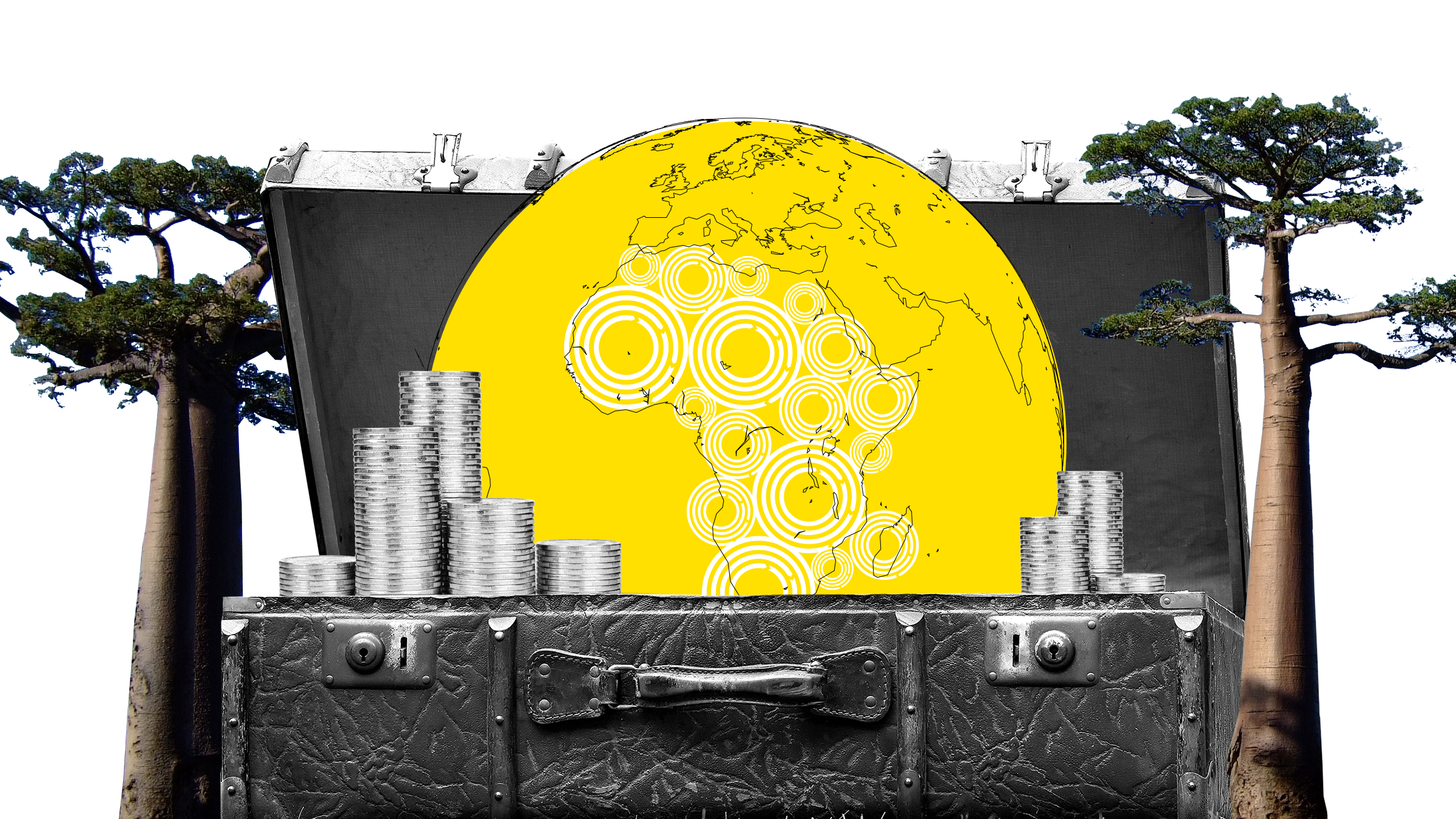
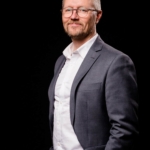
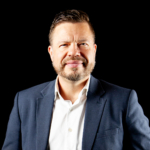
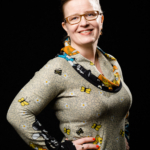













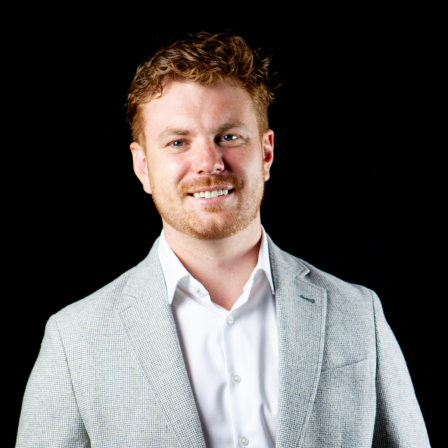
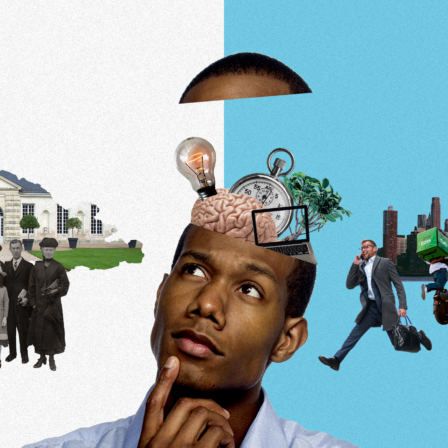
Recommended
Have some more.